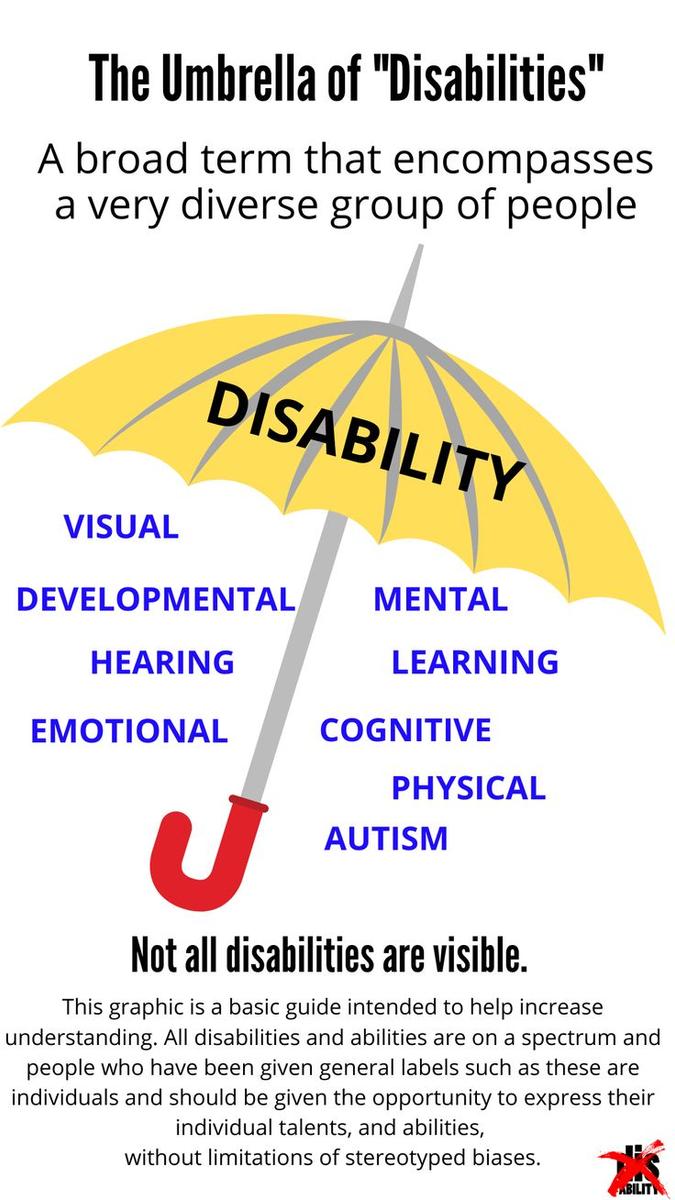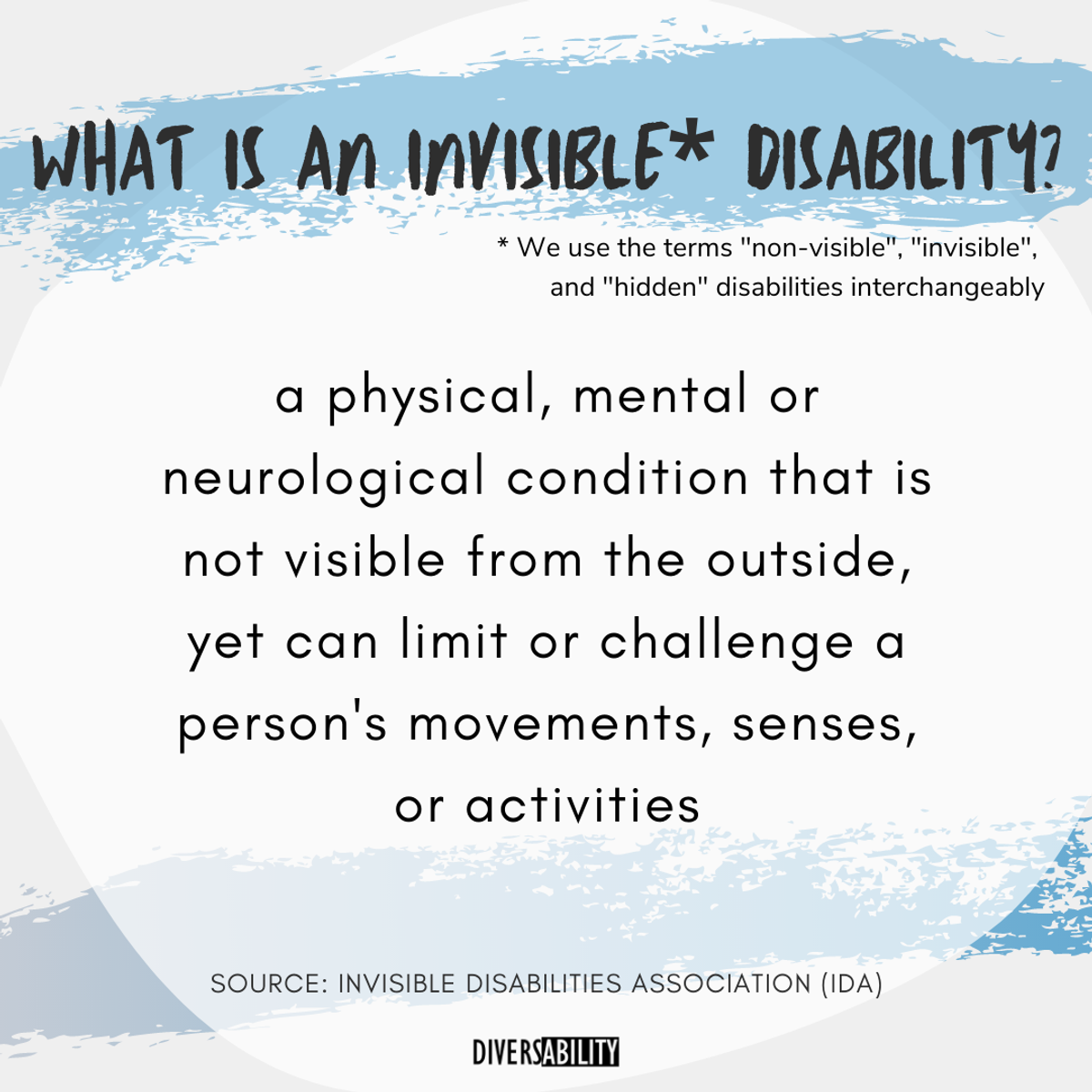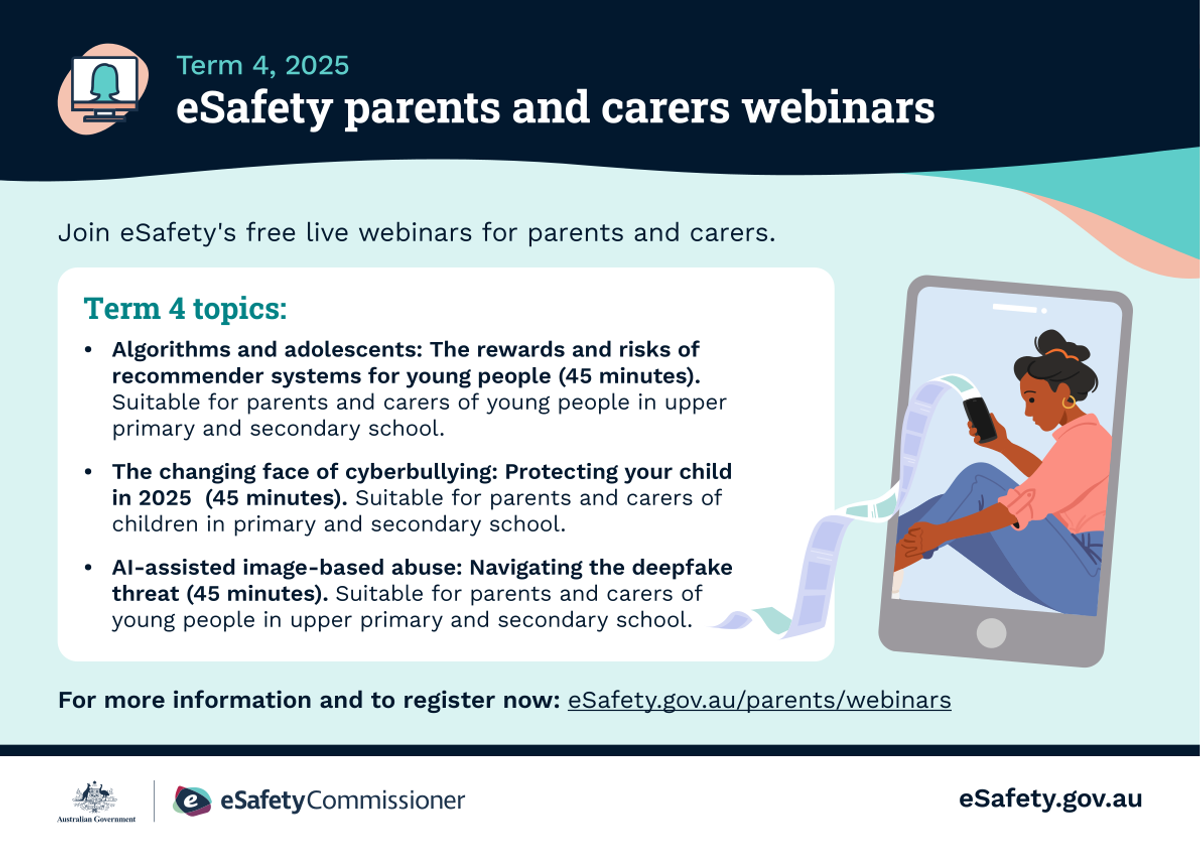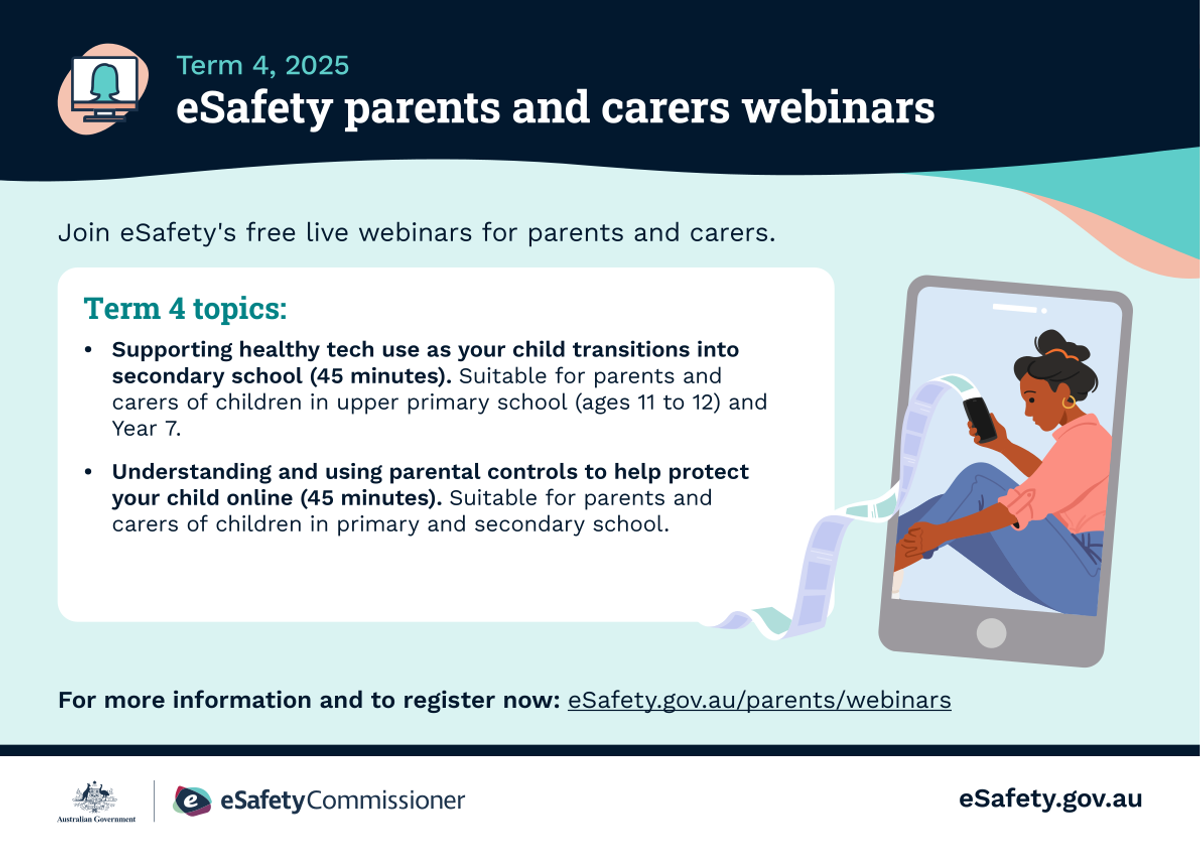Leadership updates and reflections
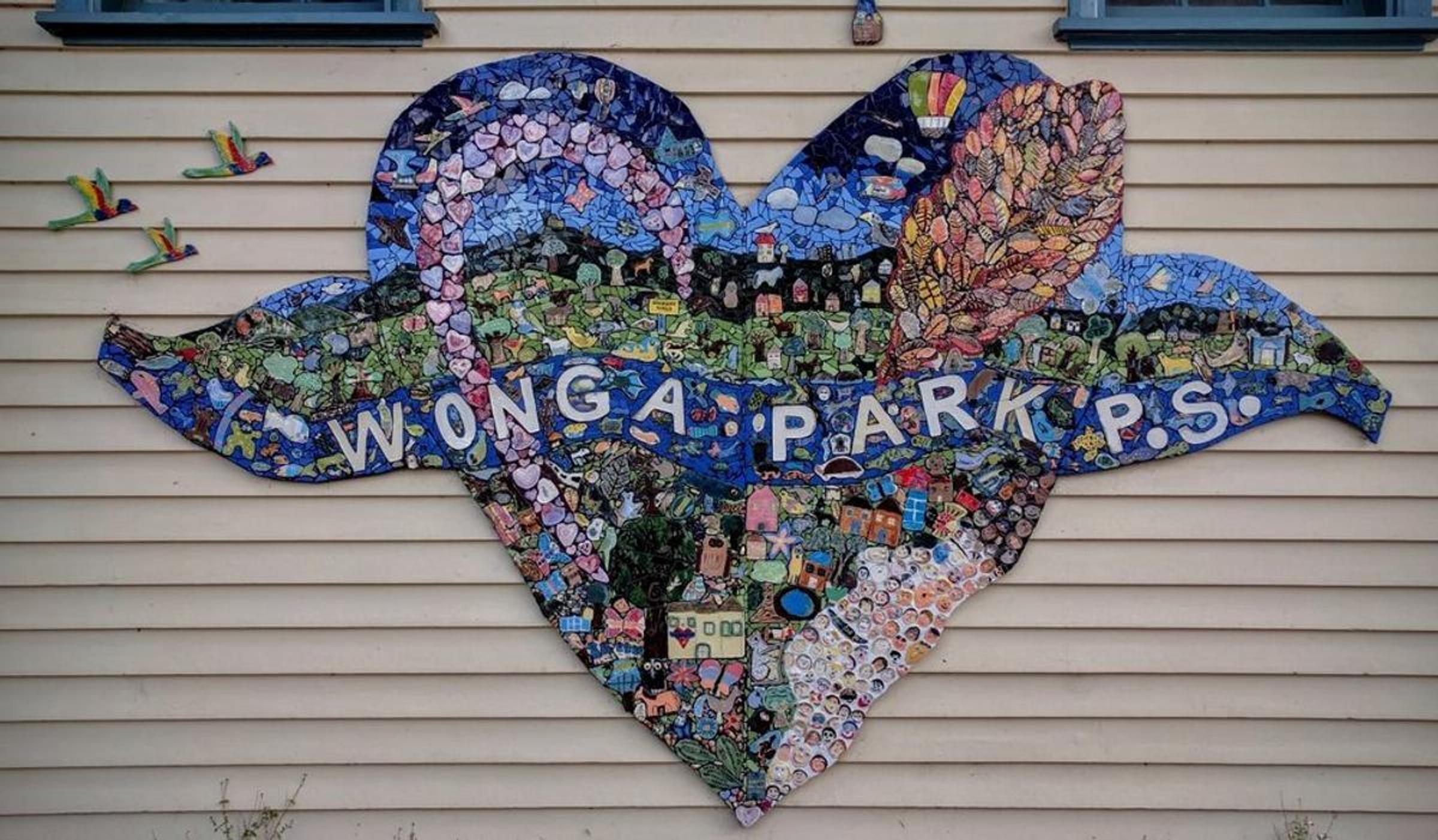
An update from Julie
The Countdown Is On – Celebrating 130 Years of Wonga Park PS!
Excitement is building as we count down to our 130th anniversary celebrations this Friday!
This week, students are stepping back in time with a visit from the National Trust, learning all about what life and school was like in the early days of Wonga Park Primary. It’s been a wonderful opportunity to connect with the past and appreciate how things have changed.
On Friday, the fun continues with a special visit from the Billy Tea Bush Band, who will be teaching some classic bush dances. Don’t forget to bring your dancing shoes – families are warmly invited to join in the fun!
We hope you can join us for what promises to be a fantastic celebration of our school’s rich history and very special community.
Working Bee Thank You
A huge thank you to all of our parents, students and staff (and their spouses and kids) who helped to make such an amazing difference to our schoolgrounds at Saturday's working bee. We had a great turn out, with everyone helping to transform the entrance from the carpark, create Nadine’s Garden and a new garden near the colourful playground, spruce up Rhiannon’s Garden, refill the two sandpits and replenish other garden areas around the school. So much planting, mulching, gathering of leaves and general tidying up was achieved! The school looks spectacular for Friday's celebrations. Thank you everyone!
2026 Planning
Just a reminder that we are starting to plan for the year ahead. If your child has educational needs that you feel require special consideration for class placement in 2026, please let me know in writing. Please note that multiple requests will not be considered. Please email me directly by Monday, 27th October at julie.crawford@education.vic.gov.au
To assist teachers as they begin planning class groupings for next year, we kindly ask that if you and your family are planning to leave Wonga Park PS at the end of 2025, please inform the school office as soon as you’re able to. Your timely communication is greatly appreciated. (This excludes Grade 6 students.)
Have a great week
Warm regards
Julie
An update from Adele
Recognising Invisible Disabilities Week – 19th –25th October 2025
Every year, in October, the Invisible Disabilities Association (IDA) leads Invisible Disabilities Week, an international campaign dedicated to raising awareness, sharing education and providing support to people living with disabilities that are not immediately visible. These “invisible” or “hidden” disabilities include physical, neurological, mental-health and chronic conditions which may not have obvious outward signs, yet have a profound impact on daily life.
Why this week matters
- Just because a disability can't be seen, doesn’t mean it isn’t real or significant. Many individuals encounter misunderstanding, stigma or disbelief, or example the all-too-familiar remark: “But you look fine”.
- Increasing awareness helps create more inclusive communities: workplaces, schools, social spaces, and public venues. It invites empathy, not assumptions.
- When people feel seen, believed and supported, better experiences and outcomes follow, both personally and collectively.
What types of conditions might be 'invisible'?
Examples include (but are not limited to):
- Chronic health conditions like fibromyalgia, lupus, Crohn’s disease.
- Neurological or neurodevelopmental conditions such as epilepsy, traumatic brain injury, autism, ADHD.
- Mental-health conditions like anxiety, depression, PTSD.
- Sensory impairments or fluctuating disabilities
Why our voice matters
As a community, we have the power to promote environments where everyone’s needs are recognised whether visible or hidden.By recognising Invisible Disabilities Week we:
- Champion understanding over assumption.
- Promote inclusion in our workplace/classroom/social spaces.
- Elevate voices that may otherwise feel unseen.
- Commit to action, not just awareness.
Invisible disabilities are real. The people living with them are real. Their challenges, strengths and contributions matter. When we see the invisible, we build communities that are stronger, kinder and more inclusive for everyone.
Online Safety
eSafety – Office of the eSafety Commissioner
National Campaign ‘For the Good of Their Wellbeing’ Announces Key Changes to Social Media Access for Young People
New Social Media Minimum Age Law to Take Effect on 10 December 2025
On 19 October 2025, the national campaign For the Good of Their Wellbeing was launched, raising awareness about critical changes to social media access for young people. Starting 10 December 2025, a new law will require individuals to be at least 16 years old to create and manage social media accounts.
This change is part of an effort to better protect young people from the risks associated with social media platforms, while supporting their overall wellbeing. The law aims to provide a safer online environment by reducing the exposure of young people to potential harms such as cyberbullying, inappropriate content, and online pressures that can negatively affect mental health.
From 10 December 2025, young people under the age of 16 will no longer be able to create social media accounts. Those who are already under 16 and have accounts will need to either remove or disable them in compliance with the new regulations. This change is not about restricting young people's access to digital spaces entirely but about ensuring they are more mature and better prepared to engage with social media in a safe and responsible manner.
For those who are 16 or older, the law encourages users to approach social media with a greater sense of responsibility, supported by a framework that promotes their digital wellbeing.
How Can Families Prepare?
As we approach 10 December, families can play an essential role in supporting this shift. The For the Good of Their Wellbeing campaign encourages families to have open, honest discussions about social media use and digital wellbeing. Below are a few key steps you can take:
- Educate your children: Explain the reasoning behind the new law and the potential risks associated with social media use, such as the impact on mental health and self-esteem.
- Explore alternative platforms: Encourage your children to engage in age-appropriate digital spaces that don’t involve social media, such as online learning environments, gaming, and content-sharing platforms designed for younger audiences.
- Promote offline activities: Remind children of the importance of face-to-face interactions, physical activities, and hobbies that help develop social skills and emotional resilience away from screens.
- Monitor social media use: For older children (aged 16+), it’s important to foster a responsible, balanced approach to social media. Guide them in managing their online presence and supporting their digital wellbeing.
Term 4 eSafety Commissioner online workshops
The eSafety Commissioner provides free webinars to parents and carers with the knowledge, skills, and tools to support their children to have safe, positive online experiences. The remaining Term 4 webinars are listed below:
AI-assisted image-based abuse: Navigating the deepfake threat
AI tools are evolving fast – and some are being misused in ways that can harm or exploit children and young people, including through the creation of deepfakes and digitally altered images. This 45-minute webinar covers how these technologies are being used, their impact, and how to support and protect your child. It’s suitable for parents and carers of upper primary and high school students. Learn more about this webinar.
21 October, 12:00 pm
Supporting healthy tech use as your child transitions into secondary school
This 45-minute webinar explores the social pressures, peer influences, and technological challenges young people face as they transition into secondary school. It also offers practical strategies for navigating online friendships and connections to help minimise negative experiences. It's suitable for parents and carers of children in upper primary school (ages 11 to 12) and Year 7. Learn more about this webinar.
18 November, 12:30 pm
Social media age restrictions explained – a guide for parents and carers
From 10 December 2025, certain social media platforms won’t be allowed to let Australian children under 16 create or keep an account. Join our 30-minute information session to understand the changes. Learn more about this webinar.
20 November, 12:30 pm
Sign up for the eSafety Newsletter to receive the latest online safety news, resources, and advice.
Warm Regards,
Adele
